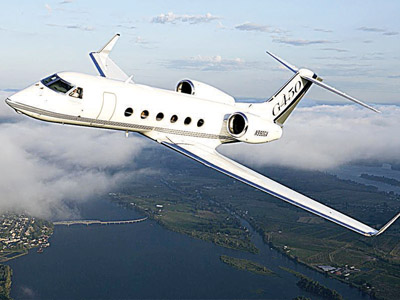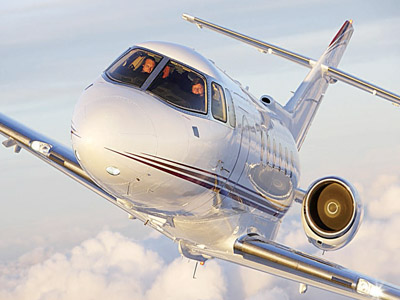
Shortfall in revenue generation, occasioned by the slump in oil prices, has forced the Federal Government to expand its scope of raising income.
It is now targeting rich Nigerians who can afford to own private jets or fly in premium cabins (first and business classes), to pay special levies known as luxury tax.
The Government hopes to generate about N37.9 billion annually from luxury tax to be imposed on private jet owners, first class and business class passengers, investigations by The Guardian have revealed.
As part of measures to ensure a more sustainable revenue profile in the 2015 budget, the Federal Ministry of Finance had in April announced that all local and foreign private jet owners in the country would pay an annual surcharge of N3,200 per kilogramme on the weight of each aircraft. I
t also said that in view of the increasing foreign travels by Nigerians, all first class and business class tickets to overseas’ destinations would attract a flat rate of N15,000 each as foreign travel surcharge.
The ministry explained that the new measures were to tackle the huge revenue gap created by the slump in crude oil prices as well as the decline in production. Business class and first class passengers are often called premium passengers in travel parlance.
Premium passengers pay far higher fares than their counterparts in the economy cabin. For instance, on the Lagos-London route, while economy class tickets currently go for between N220,000 and N250,000 as the summer approaches, business class tickets are going for between N850,000 and N1.2m, while first class tickets are being sold for between N2.5 and N3.5m, depending on the airline.
The difference in fares is determined by the level of comfort in each cabin as well as services rendered by cabin crews.
According to calculations by our correspondent, all the private jet owners in the country will pay an approximate total of N7.9bn annually as luxury tax, while overseas passengers travelling in first class and business class cabins will pay about N30bn as foreign travel surcharge; these add up to N37.9bn as taxes from the air travel sub-sector.
Statistics from the Nigerian Civil Aviation Authority shows that there are over 190 local and foreign-registered private jets in the country at the moment.
Some of the common brands and models of the private jets are Bombardier Challenger 604 and 605; Global Express, Global 6000; Hawker Siddley 125 and 900; Gulfstream 450, 550 and 650; Embraer Legacy, Fenum and Citation.
The maximum take-off weight of the common brands and models ranges from 8,000kg to over 17,000kg. Taking an average maximum take-off weight of 13,000kg per jet and using the N3,200 surcharge announced by the Ministry of Finance, the Federal Government is expected to generate N41.6m annually from each private jet owner.
If this is multiplied by the 190 private jets in the country, the government is expected to generate N7.9billion from the sector.
Similarly, data from aviation agencies show that Arik Air, Aerocontractors and 26 foreign airlines operating in the country carry over two million business and first class passengers to destinations all over the world annually.
Using a flat rate of N15,000 per ticket, the two million premium passengers are expected to generate N30bn to the coffers of the Federal Government every year.
It was learnt that the Federal Inland Revenue Service had written to the private jet owners in the country, giving the total sum they were expected to pay on their aircraft.

A private jet owner, who spoke to The Guardian on the condition of anonymity, said the FIRS wrote to request him to pay an annual luxury tax of N44m on his Hawker Siddley jet.
“The FIRS has also sent invoices to us (private jet owners) to effect payment immediately,” the source added. It was also gathered that the Federal Government was putting finishing touches to the commencement of the collection of the foreign travel surcharge from the airlines.
The Director, Communications and Liaison Department, FIRS, Mr. Emmanual Obeta, could not immediately respond to questions on how much the government was expected to generate from the luxury tax and foreign travel surcharge.
The Ministry of Finance, however, confirmed in a statement that the FIRS had commenced the process of collection of the taxes and had served assessment notices on the private jet owners in the country, adding that discussions were ongoing with them to ensure a successful implementation of the initiative.
An aviation expert and Head, Research, Zenith Travels, Mr. Olumide Ohunayo, said the planned luxury tax and foreign travel surcharge was a good development.
His words: “The private jet owners are the super-rich in the society. They have been enjoying waivers on aircraft spares and other things. They are taxed in other countries.
The Federal Government is waking up late to the need to generate the appropriate revenue from this sector. “Also, for business and first class travellers, the government should have done this before now, because over 26 foreign airlines have been repatriating bumper profits from tickets sales from premium travellers in Nigeria to their home countries.”



